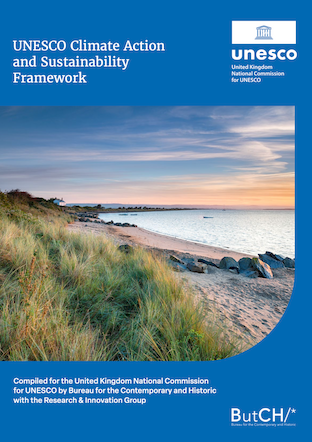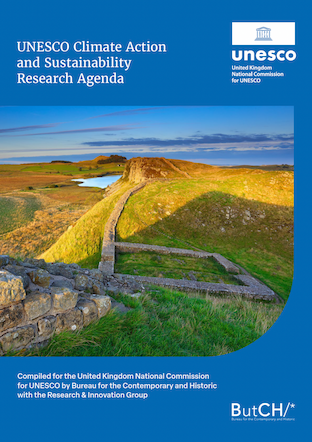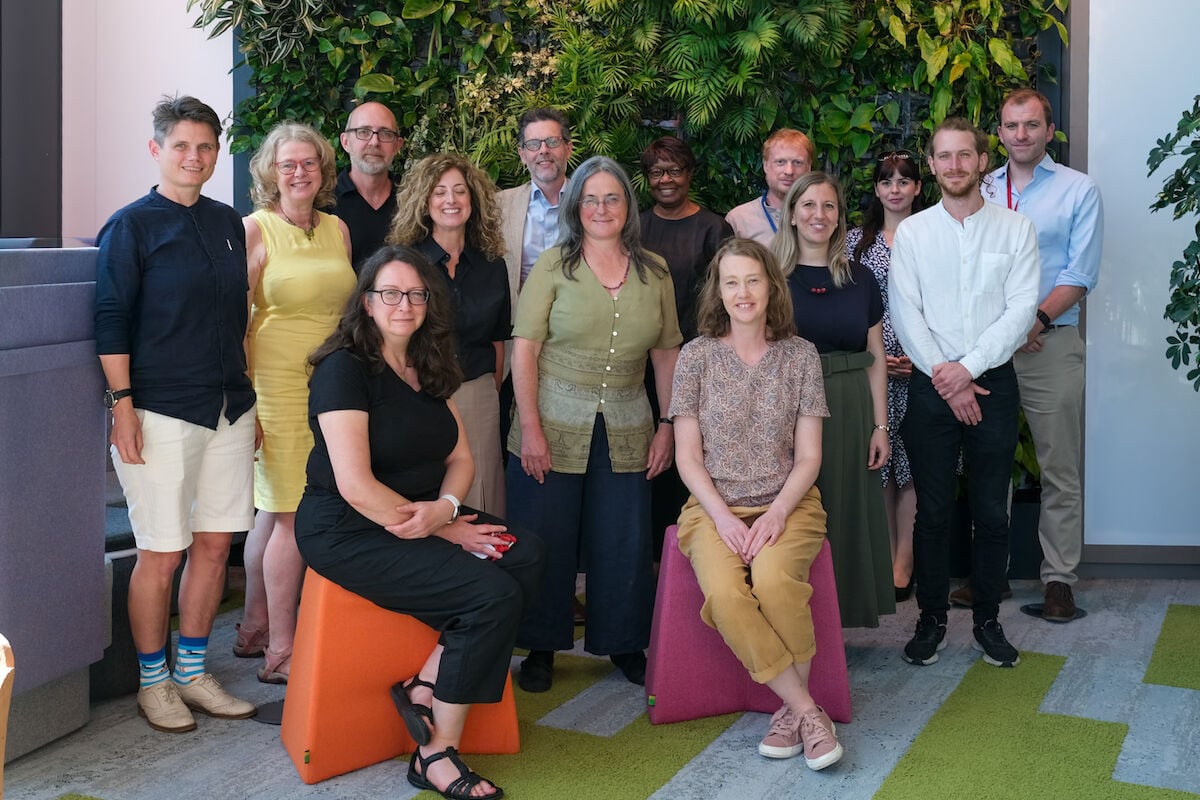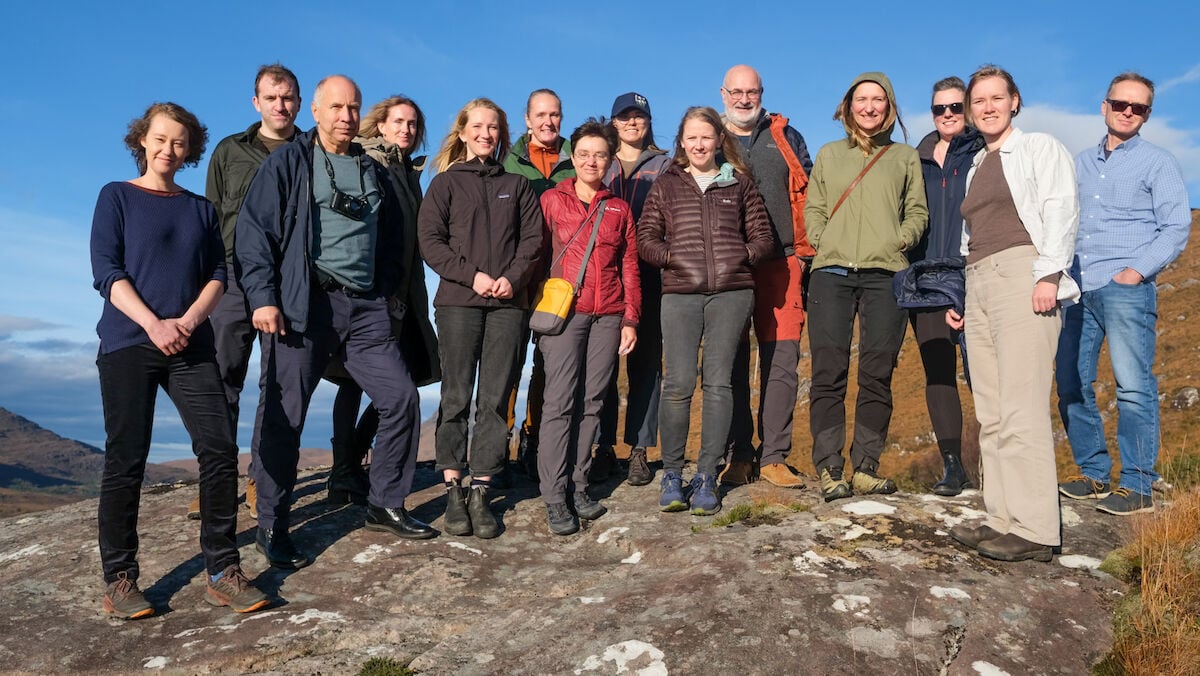Together, the publications show how Biosphere Reserves, Global Geoparks and World Heritage Sites - spanning more than 10 million km²- provide real-world environments for understanding and responding to complex and interconnected 21st-century challenges. They highlight the unique ability of these sites to bring together researchers, universities, cultural institutions, practitioners, policymakers and communities into long-standing, place-based partnerships.
Developed through HM Treasury’s £1.8m Climate Change & UNESCO Heritage (CCUH) Shared Outcomes Fund project, and delivered with the Department for Culture, Media and Sport, the Framework and Agenda were co-led by the Bureau for the Contemporary and Historic (ButCH) and UKNC. They draw on extensive collaboration with three UK UNESCO pilot sites and a cross-sector Research & Innovation Group of academics, UNESCO Chairs, heritage organisations and site managers.












